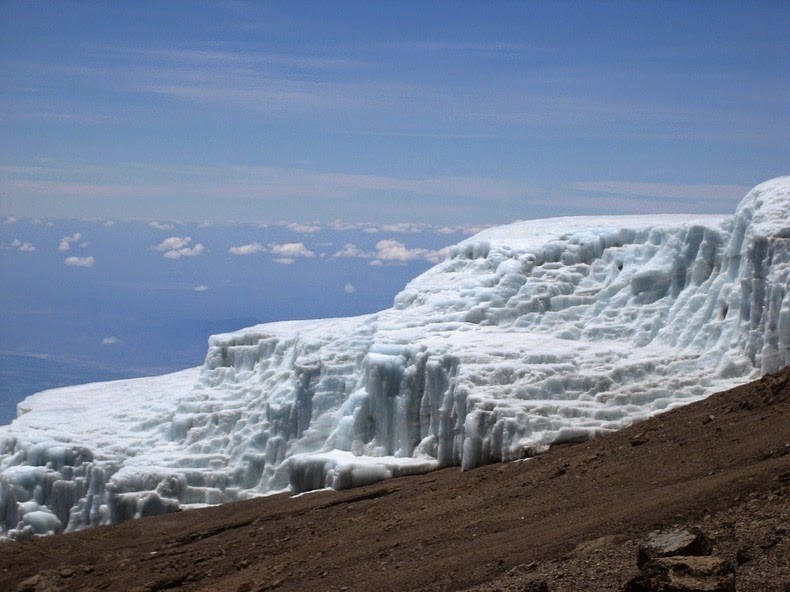A UN report— which makes projections based on satellite data— has shown that Glaciers across the globe, including the last ones in Africa, will be lost by 2050 because of climate change.
The report also found that a third of glaciers located in UN World Heritage sites will melt within three decades and that Mount Kilimanjaro’s last glaciers will vanish as well as glaciers in the Alps and Yosemite National Park in the US.
The report is coming as world leaders prepare to gather in Egypt for next week’s COP27 climate change conference.
According to the report, about 18,600 glaciers have been identified across 50 UN World Heritage sites, representing almost 10% of the Earth’s glacier area and including renowned tourist spots and places sacred to local populations.
Read also: Thinktank says UK methane emissions could be cut by 40% by 2030
The report found that the retreat and disappearance of glaciers were “among the most dramatic evidence that Earth’s climate is warming.
In his reaction, one of the report’s authors and UNESCO project officer Tales Carvalho Resende said “we hope we might be wrong, but this is the hard science,” “Glaciers are one of the valuable indicators of climate change because they’re visible. This is something we can really see happening.”
Authors of the report further said that the remaining two-thirds of glaciers in UN World Heritage sites could be saved, but only if the world limits global warming to 1.5C.
Last week, another UN report found that the world currently had “no credible pathway” to achieve that. The projections build upon previous information which used models to compute how World Heritage site glaciers would change over time.
Find of the report showed that ice loss in World Heritage sites may have caused up to 4.5% of the observed global sea level rise between 2000 and 2020 and that these glaciers lose 58 billion tonnes of ice every year – equivalent to the total annual volume of water used in France and Spain put together.
Story was adapted from the BBC.
